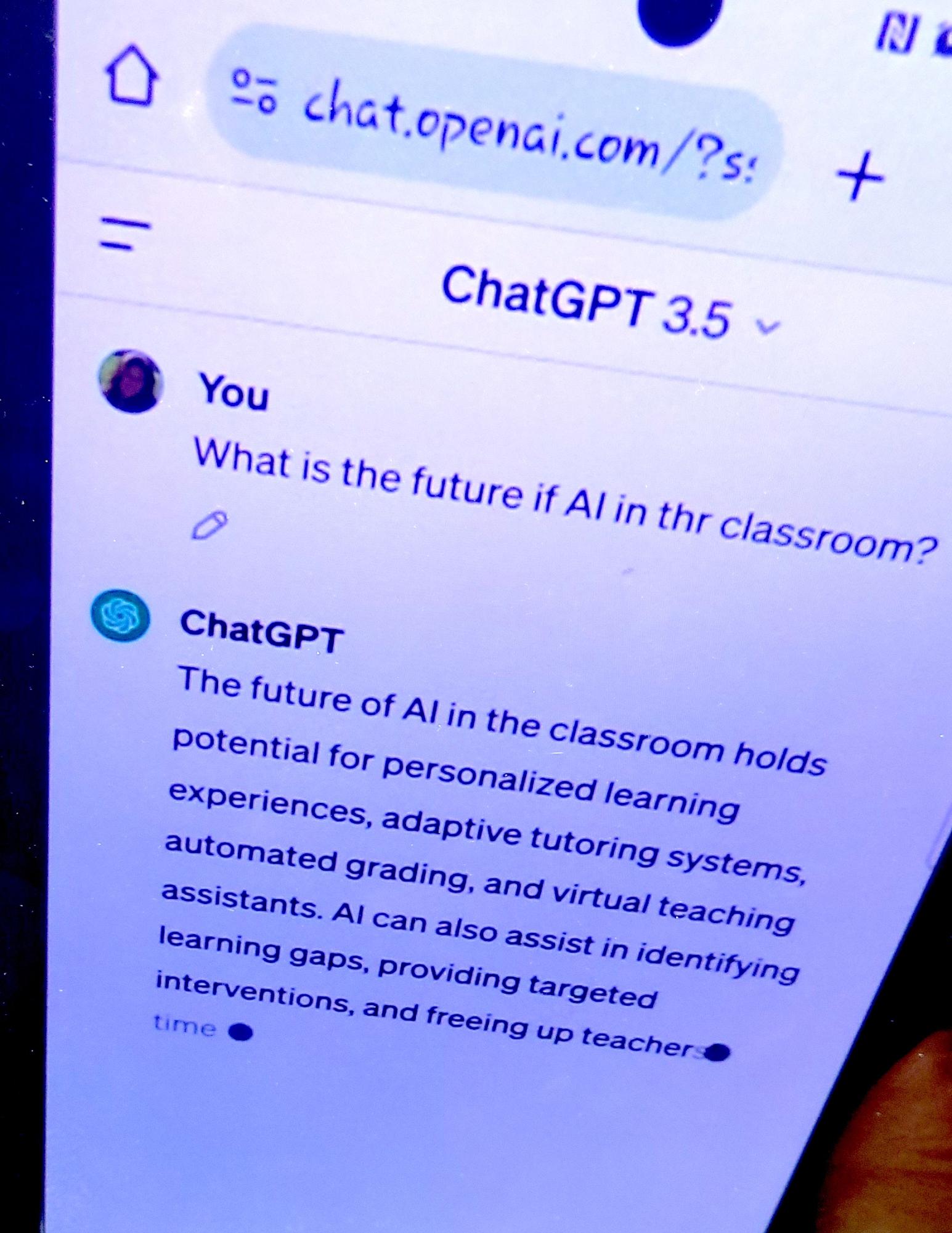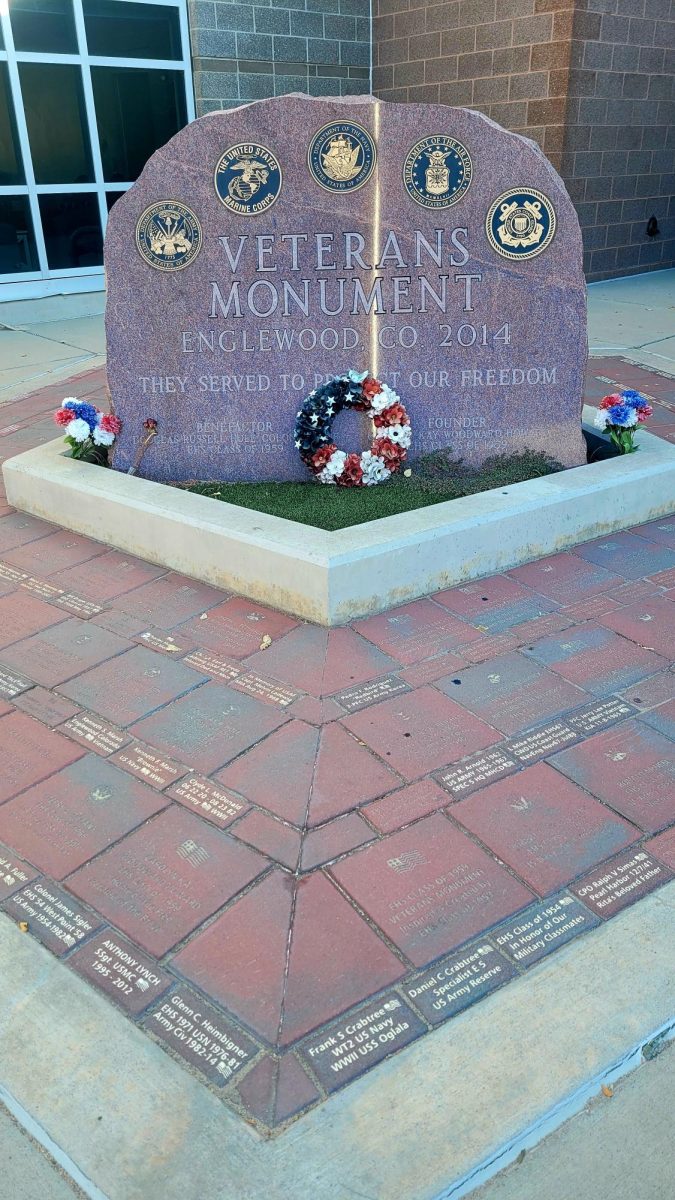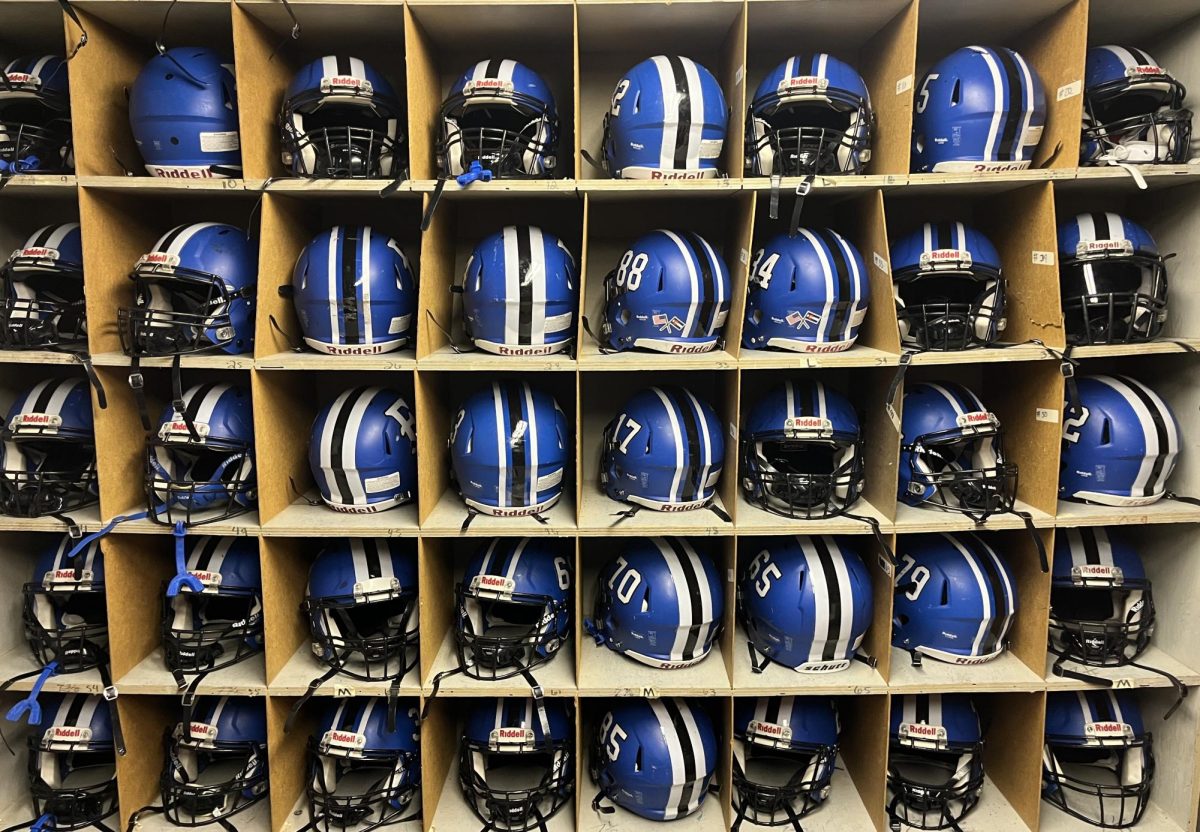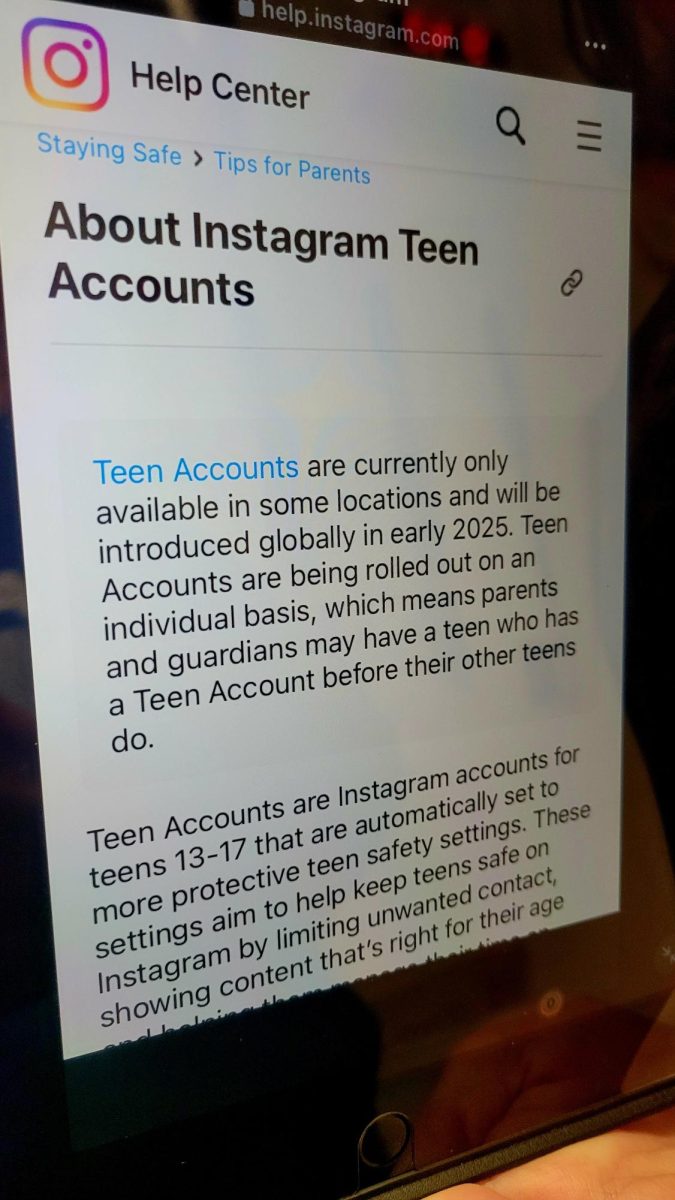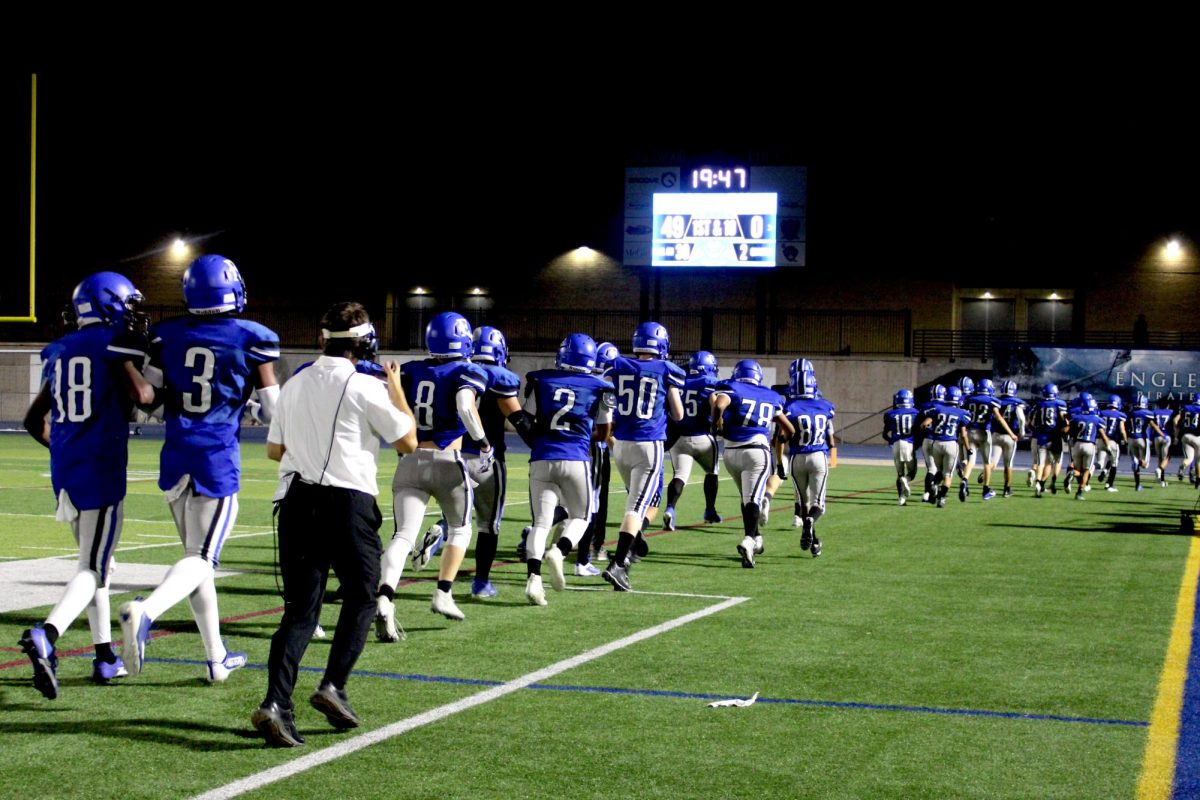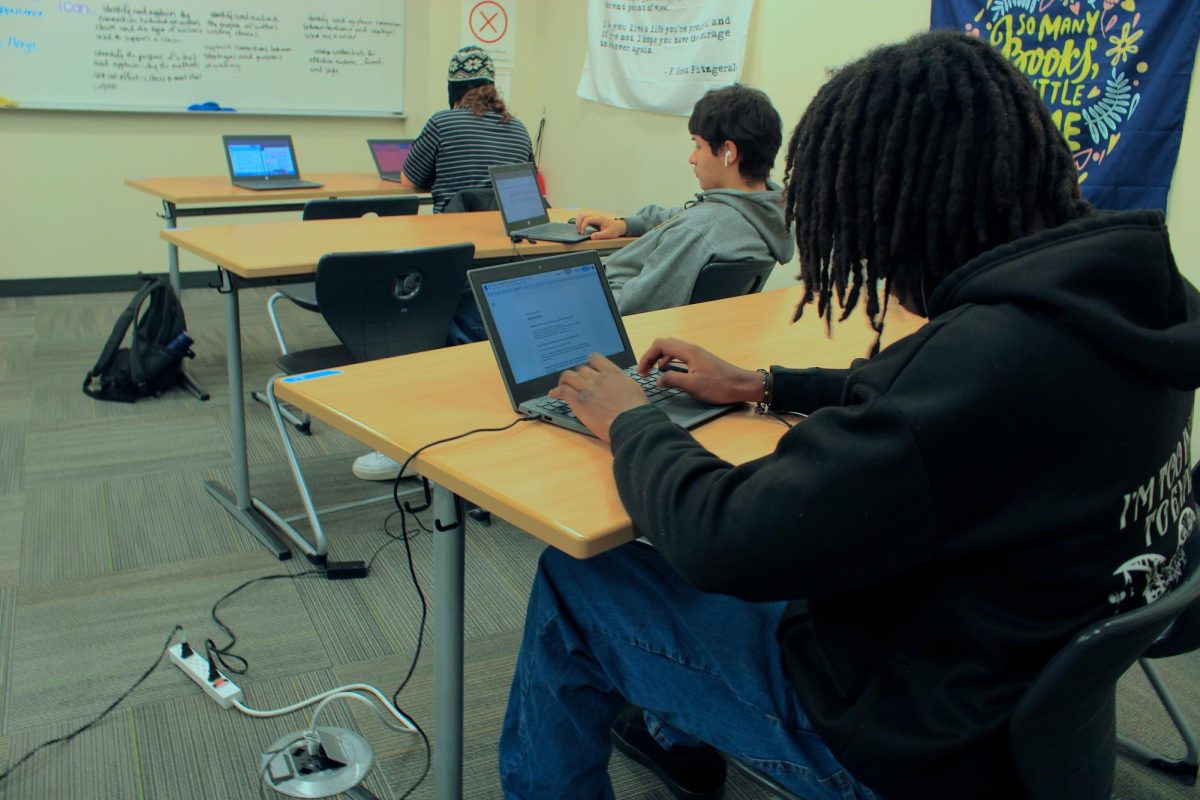When living in a country that is constantly developing AI technology, it can be hard to keep up with what Artificial Intelligence can do exactly. From realistic photos and videos to being able to mimic someone’s voice, AI technology has vastly spread as both a tool and a weapon in one of the places it’s argued most; the education system, most notably, the classroom.
Englewood High School teacher, Scott Silva, has welcomed the use of AI in his classroom by multiple students, “I think it’s a tool that can be used to help. Not to cheat necessarily, but to help kids.”
Silva mentions he has seen students use AI as a tool to improve multiple aspects of work, not simply by copying and pasting, but by taking something and making it their own, “It can help edit a little bit versus just taking a prompt, putting it in copying and pasting back what it spits out because obviously plagiarism when it comes that far, but AI is something else, and it’s not going anywhere.”
According to an article by Maryville University, Artificial intelligence is commonly defined as computer systems that simulate human thinking and capacities such as learning. You can find simulated human thinking dating back to the 1700’s when philosophers wrote about predicted knowledge which became a reality in the 1950’s when Alan Turing, a British mathematician, developed the Turing Test. It was a theoretical means of discerning a human from AI, through a series of questions centered around the issue of whether a machine can think.
Javier Tobias, a junior at EHS, has seen the use of AI among his fellow students, “You see it a lot in higher level classes or even lower level classes, either answering questions or writing essays, it is used quite a bit.”
Tobias says he uses AI as an educational tool to help him with his studies, “It gives me a lot of information and it makes searching things up easier. But since it’s so advanced nowadays, it’s so easy to take advantage of.”
With AI constantly developing, Tobias is aware that some AI may be a hindrance, but he believes it can be helpful, “Since AI is constantly advancing, not only does it just help as a quick look up things, but it also gives advice you can use. It’s not just a Google search thing. It could help you learn or experience things better. Maybe you don’t know how to write an essay. Maybe you ask for examples of how to start. And since it’s AI, most of this stuff is original and not plagiarized. So it’s a lot easier and you don’t feel as guilty, I would assume. That’s only if you’re using it as a tool though.”
We asked an AI tool, like ChatGPT 3.5, developed and launched by OpenAI in late 2022, “What is the future of AI in the classroom?” We got seven bullet points and a generic statement, “The future of AI in the classroom holds significant potential to revolutionize education in numerous ways.” These include personalized learning, virtual classrooms, and adaptive assessments.
Marv Carmack is the Information Technology Coordinator for Englewood Schools, “I think it’s very interesting. Recently, we were in a conference nationwide in the US 79% of the school districts are on a wait and pause. They haven’t introduced AI into the learning environment because they’re still trying to figure it out. So I think Englewood is not alone, but we’re trying to change that.”
Carmack says AI comes with a lot of interesting issues, including equity for students, but he is excited to see how it can enhance education, “It’s wonderful. I think you’re going to see some really great advancements. The hard part is it changes so often that we can’t really predict what it’s going to do. I think used in the right way, it will be very helpful.”
Carmack and a team of IT experts at Englewood will soon ask for teacher and student input to put together a roadmap and policies for AI use in schools, “I think that we are trying to create policies where it’s helpful for teachers. So I think in the coming days you’re gonna hear more about opportunities for students to have a voice, the creation of a policy in the construction of what AI looks like.”
Until that happens, teachers and students do their best to wade through the murky waters of Artificial Intelligence, “So as teachers, I think we need to figure out how to adopt it, to teach it to teach ways that it can be used and to teach kids how to avoid using it incorrectly,” Silva said.





